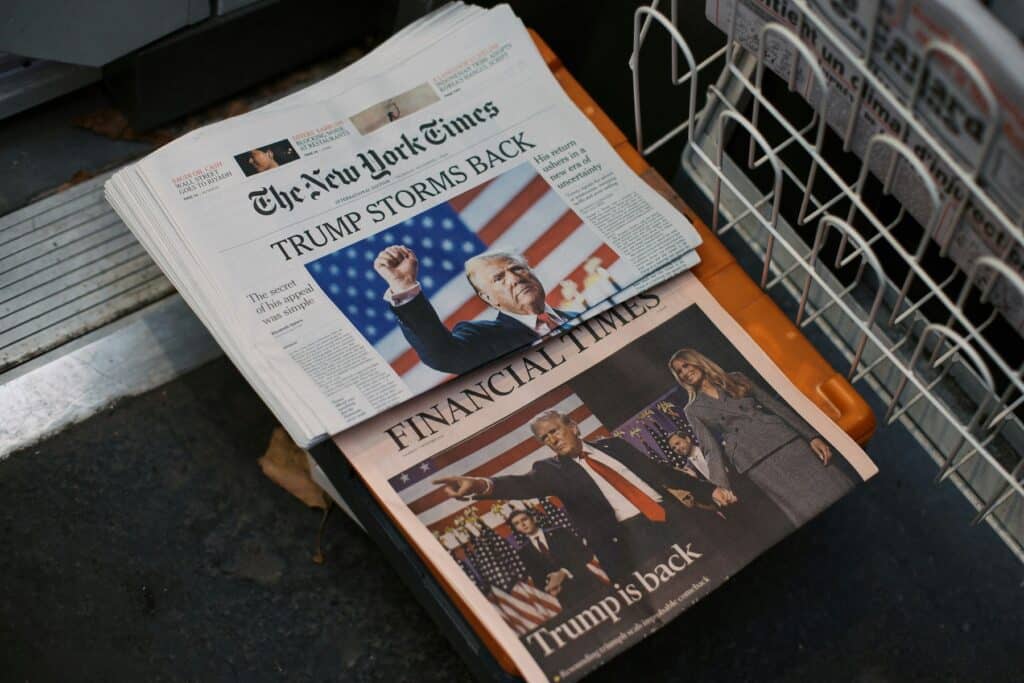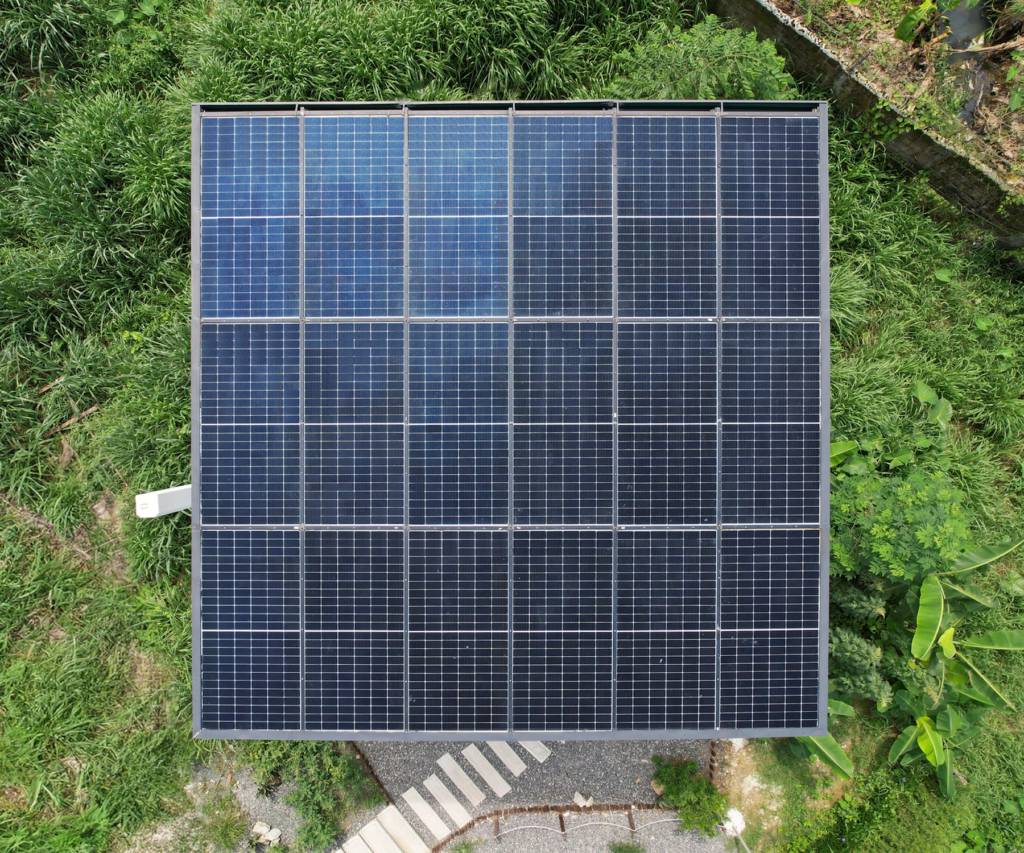
“Tariffs” has definitely been the word of the week—and it looks like the topic is here to stay. I’ve just come back from an affordable housing conference in Kuala Lumpur, and even there, discussions kept circling back to tariffs. Sometimes in earnest, sometimes as punchlines. Say “reciprocal” and you get a chuckle. Mention Trump and you’ve got the room’s attention.
So what prompted this post? While most market watchers are busy painting worst-case scenarios, I’ve been asking a different question: where are the climate advocates in this conversation? They should be celebrating.
So far, the only mention of climate I have come across- an opinion piece on Principled Perspectives, by an unlikely source: Ray Dalio, the founder of Bridgewater Associates. In nearly 1,500 words, he gave climate change just one line “(Climate) it will somewhat undermine the world’s ability to deal with the climate change issue effectively.”
“Undermine”? I expected the opposite.
Here’s my take: these “shock and awe” trade moves won’t stall environmental progress—they might actually speed it up. One of the root causes of climate change is overconsumption. If tariffs raise prices and dampen demand, especially in the world’s biggest consumer economy, the United States, that could be a massive win for the planet.
Ironically, Trump—who outright rejects climate science—might end up having an outsized impact on it. Not once, but twice. During his last term, lockdowns forced by COVID cleared the air. This time, a shift in global trade dynamics could do the same, more deliberately and lastingly. And the best part? He’s probably unaware of it – otherwise, he’d already be claiming credit for “making the planet, great again”

And here’s something I’ve never understood: why does the wealthiest population in the world rely so heavily on the cheapest goods from China and the rest of the world? Has “everyday low prices” ever made anyone truly wealthy? If you can afford more, pay more—for quality, for durability, for better labor practices. If tariffs can push this change, great. Maybe people will start prioritizing essentials over disposable wants and help improve the quality of our products and production rather than quantity.
This could be a turning point in global production. Countries might shift toward better-quality manufacturing, and with that, better wages, benefits, and working conditions—especially in places like Vietnam and Bangladesh. There’s no guarantee or evidence this will happen. Today, a luxury brand like Dior with big margins treats workers in these factories no different than a discount brand like Old Navy. But tariffs might nudge us to bring more care into the system.
Now let’s talk about the stock market.
United States Secretary of the Treasury, Scott Bessent made a sharp distinction recently, saying the turbulence is “a MAG-7 problem, not a MAGA problem.” He’s right. We and the media have conflated the stock market with the real economy, but they’re not the same.
The real economy runs on actual goods, services, and wages. This idea that the stock market reflects the global economy is flawed. The stock market runs heavily if not completely on speculation. I found it surprising when, Scott Galloway who pointed to Apple’s loss of over a trillion dollars in shareholder value. That’s like me losing a Ferrari I never owned—but someone speculated that I did. Will we ever learn to worry about people first and then shareholder value! Less than 5% of the global population is directly tied to the market. The rest, mostly through pensions, are just along in the ride. And most of the world isn’t on the ride at all.

Experts warn of job losses, shrinking economic output, and rising poverty. Of course, in the short term there will be stress, but we have seen that people are resilient. During COVID, when tourism vanished overnight, I watched locals in Bali return to their farms with pride instead of despair. The situation proved that the low wage, low skill jobs that the Wall Street corporations had created in tourism, were not essential for local economies to thrive. That myth was busted.
When in despair, It’s not the Wall Street that gets people through a crisis—it’s their own ingenuity.
I’m not a tariffs expert. And frankly, even experts are struggling to make sense of this. What I do know is this: disruption creates space for transformation and strength. When the world order stagnates, it eventually breaks. That’s where we are. America’s poor have suffered for decades. Presidents have come and gone, and none have reversed that trend. Trump may fail too. If he does, lives of the American poor will be little different than under his past predecessors. But if he succeeds, maybe we’ll see progress for those where it’s long overdue.
Let me know how you feel about the situation and my thoughts. As an advisor to Dr. Ngozi, Director General at WTO, I will soon be sharing these thoughts. It is not an easy time to be in her seat- or advising her.
I’d love to hear your take. What’s your take on where we’re heading?
Prasoon Kumar is the CEO and Co-founder of BillionBricks, a climate-tech venture pioneering net-zero housing solutions for underserved communities. With a background in architecture and urban planning, he has transformed BillionBricks from a non-profit into a for-profit enterprise, integrating design, technology, and finance to address housing and climate challenges. Prasoon also serves as a Business Advisor to the Director General at the World Trade Organization, focusing on sustainable development and global economic strategies.




